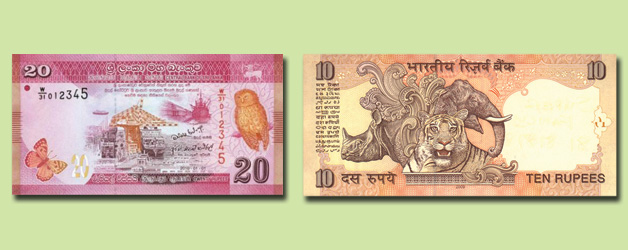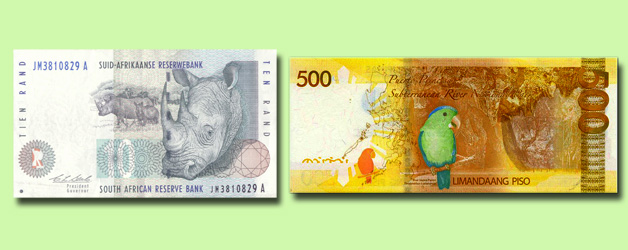Zhongrong is part of a larger, sprawling financial conglomerate called Zhongzhi Enterprise Group that owns several wealth-management businesses. If their repayment problems and defaults snowball, it could imperil many more investment products that were sold to numerous companies and wealthy individuals in China. On social media, some individual investors said they didn’t receive promised payments from Zhongrong products and some from Zhongzhi’s other units, and have complained to local authorities. Neither company has responded publicly to the allegations, and they didn’t reply to requests for comment.
China’s trust industry, which had a total of $2.9 trillion in assets under management as of March 31, has long been a source of funding for property developers. Trust funds typically raise money from wealthy individuals and companies to invest in stocks, bonds, real-estate projects and other assets. “Zhongzhi is a black box. They don’t have periodic disclosures, it’s a private company, and some investors don’t know what kinds of assets they’re investing in,” said Xiaoxi Zhang, an analyst at Gavekal Research.
The group’s difficulties, coming on the heels of the
financial distress at Chinese property giant Country Garden Holdings, have fueled worries about China’s shadow-banking system and how intertwined it is with the property sector. “The worry is that a ‘Lehman moment’ beckons, threatening the solvency of China’s financial system,” Zhang wrote in a note earlier this week. She added that China’s “regulatory vigilance” meant that would be unlikely.
The worries have added to widespread investor concerns about China’s floundering economy and beleaguered housing market. Prices of many
Chinese stocks and corporate bonds have tumbled this month, and Hong Kong’s Hang Seng Index, which is stacked with companies from China, fell into bear-market territory on Friday after declining more than 20% from its recent peak.
Economists and research analysts have long debated what could cause China’s equivalent of
the 2008 collapse of Wall Street investment bank Lehman Brothers, which sent shock waves across the U.S. and global financial markets and reverberated for years afterward. Last year’s
mortgage revolts in China, and
China Evergrande Group’s bond defaults in 2021, also sparked worries about
other dominoes toppling across the country’s financial system.
China’s property downturn has already caused dozens of developers to default on their debt, and many trusts have unwound their exposure to the sector, according to a report from
Nomura.
Trust funds in China still had the equivalent of about $155 billion in exposure to the property sector at the end of the first quarter, according to data from the China Trustee Association. That “is now under great threat, in our view,” Nomura said, adding that trust funds have much larger exposures to financial markets, which increases the risk of contagion.
Zhongrong was founded in 1987 and used to be known by another name. In 2004, Zhongzhi Group took a large stake in the business, and the unit received a financial license in 2007 from China’s banking regulator. Its biggest shareholder is a state-owned textile company.
By 2014, Zhongrong had around $100 billion in trust assets under management. It lured investors with high yields, at one point promising annual returns of up to 15%, according to an individual investor.
More recently, its promised returns were around 7% to 8% annually, according to marketing documents for several trust funds seen by The Wall Street Journal. Investors who put in more money stood to earn higher returns, according to the documents, which also said the funds could invest in bank deposits, stocks, corporate bonds and other kinds of wealth-management products. Customers were also told that they could redeem their money in six months or a year, or opt to keep their money invested for longer periods.
Some trust funds were designed to provide loans to property companies. Zhongrong would lend to developers at higher interest rates than bank loans, and receive shares of the developers’ project companies—their subsidiaries that construct homes—as collateral. “Supporting the real economy is the responsibility and opportunity of trust in the new era,” stated a slogan on Zhongrong’s English website.
In 2020, Zhongrong’s trust funds had 18% of their assets in the property sector, according to the company’s annual reports. That came down to around 11% by 2022. In a report late last year, credit-ratings firm S&P Global said worsening macroeconomic conditions had caused credit quality to deteriorate at many property developers that work with Zhongrong, which it had rated BB+, a high speculative-grade rating.
While trust companies have no legal obligation to compensate investors in their asset management products, S&P said “the sector still faces pressure to make whole on customer investments” if their products aren’t performing. It withdrew Zhongrong’s rating in May this year on the company’s request.







